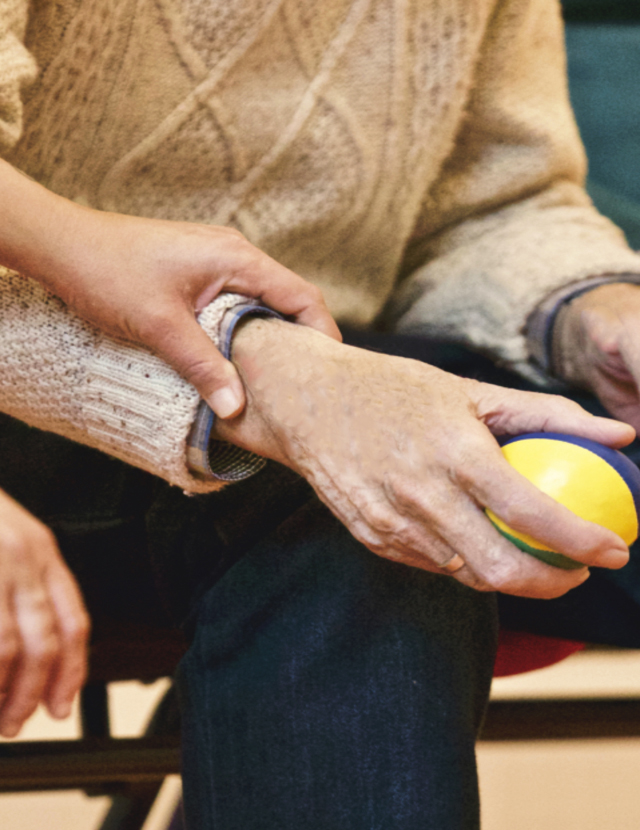Training Community Leaders in Trauma-Informed Care and Mental Health First Aid
Program
Highlights

Through specialized and community-centered trainings, PHI’s Cypress Resilience Project has supported community and individual resilience by building their capacity and skills to manage trauma, experience grief and navigate mental health challenges.
13.8K+ trained in trauma informed practices and grief support skills
3.1K+ people trained in Mental Health First Aid
1.2K+ people certified in Mental Health First Aid Training in 2022
-
Focus Areas
Capacity Building & Leadership -
Issues
Mental Health -
Expertise
Health Education & Promotion
The Public Health Institute’s Cypress Resilience Project is dedicated to supporting community and individual resilience by building people’s capacity and skills to be able to manage trauma, experience grief and navigate mental health challenges. The Cypress Resilience Project offers these skills and tools to individuals and organizations, and provide trainings in over 20 topics including Mental Health First Aid, trauma, toxic stress, self-care, grief recovery and more.
As of December 2022, 3,159 people have been certified in Mental Health First Aid (MHFA) and 13,809 have been trained in trauma-informed practices and grief support skills. In 2022 alone, Cypress Resilience Project certified 1,270 people in Mental Health First Aid.
A vast majority (89%) who attended the trainings led by the Cypress Resilience project staff found them to be very helpful, both professionally and personally. Training participants offered an average rating of 4.5 out of 5 when it came to offering feedback about the instructors.
This course created a space for me to practice how to respond to someone who might be in a mental health crisis.MHFA participant
In 2022, the Cypress Resilience Project expanded their efforts and offered Mental Health First Aid trainings to mono-lingual Spanish speakers for the first time. Project staff also learned how to deliver the Mental Health First Aid trainings and ensure that they were accessible in an online format to people experiencing low-vision or blindness.
Through all of these efforts, the Cypress Resilience Project formed new partnerships—working with additional community-based organizations, supporting high need communities, working with professionals at all levels to dealing with burn-out and new areas that are focused on supporting refugees.

The moments that mean the most are when folks share their stories of how a workshop helped them support someone, asked for help themselves or sometimes even saved someone’s life.Brooke Briggance
Program Director, Cypress Resilience Project
A version of this story first appeared in a Cypress Resilience Project newsletter.
Work With Us
You change the world. We do the rest. Explore fiscal sponsorship at PHI.
Support Us
Together, we can accelerate our response to public health’s most critical issues.
Find Employment
Begin your career at the Public Health Institute.
